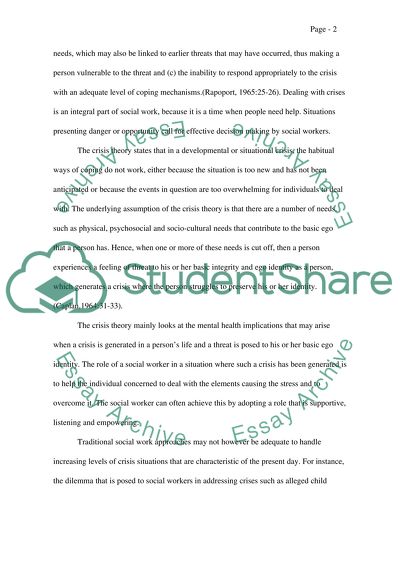Cite this document
(“Social Work Theories Research Paper Example | Topics and Well Written Essays - 2250 words”, n.d.)
Social Work Theories Research Paper Example | Topics and Well Written Essays - 2250 words. Retrieved from https://studentshare.org/sociology/1548149-essay-on-social-works-theory
Social Work Theories Research Paper Example | Topics and Well Written Essays - 2250 words. Retrieved from https://studentshare.org/sociology/1548149-essay-on-social-works-theory
(Social Work Theories Research Paper Example | Topics and Well Written Essays - 2250 Words)
Social Work Theories Research Paper Example | Topics and Well Written Essays - 2250 Words. https://studentshare.org/sociology/1548149-essay-on-social-works-theory.
Social Work Theories Research Paper Example | Topics and Well Written Essays - 2250 Words. https://studentshare.org/sociology/1548149-essay-on-social-works-theory.
“Social Work Theories Research Paper Example | Topics and Well Written Essays - 2250 Words”, n.d. https://studentshare.org/sociology/1548149-essay-on-social-works-theory.


